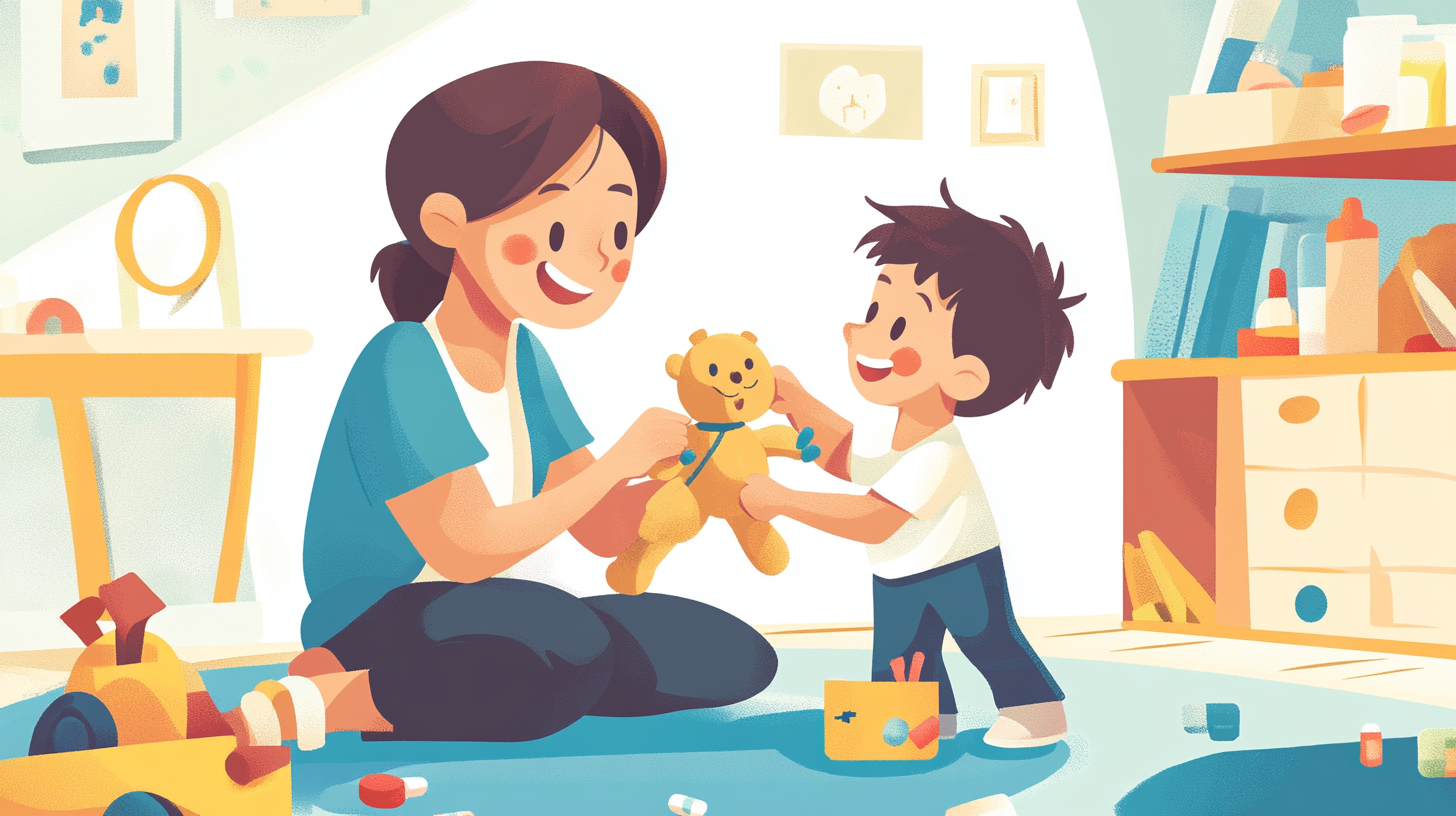Health & Well-Being: A Complete Guide to Children's Physical and Mental Health for Parents
As a parent, ensuring your child's health and well-being is likely your top priority. Yet, with so much information available, it can be overwhelming to know what advice to follow. This comprehensive guide will help you navigate the essential aspects of children's health, from nutrition to mental wellness, with evidence-based recommendations and practical tips.
The Foundation of Children's Health: Nutrition
Proper nutrition is crucial for children's growth, development, and overall health. Let's explore the key components of a healthy diet for kids.
Balanced Diet Essentials
- Fruits and vegetables (5 portions daily)
- Whole grains for sustained energy
- Lean proteins for growth
- Healthy fats for brain development
- Calcium-rich foods for strong bones
Tips for Dealing with Picky Eaters
According to research from the CDC, up to 25% of children experience picky eating phases. Here are evidence-based strategies:
- Offer new foods alongside familiar ones
- Make mealtimes fun and pressure-free
- Lead by example with healthy eating habits
- Involve kids in meal planning and preparation
Sleep: The Cornerstone of Well-being
Quality sleep is essential for children's physical and mental development. Research published in the Journal of Clinical Sleep Medicine shows that consistent sleep schedules contribute to better academic performance and emotional regulation.
Age-Appropriate Sleep Requirements
- Newborns (0-3 months): 14-17 hours
- Infants (4-11 months): 12-15 hours
- Toddlers (1-2 years): 11-14 hours
- Preschoolers (3-5 years): 10-13 hours
- School-age (6-13 years): 9-11 hours
Establishing Good Hygiene Habits
Teaching proper hygiene early sets the foundation for lifelong healthy habits. The World Health Organization emphasizes that good hygiene practices can prevent up to 40% of childhood illnesses.
Essential Hygiene Practices
- Regular handwashing (especially before meals and after bathroom use)
- Daily bathing or showering
- Proper dental care (brushing twice daily and flossing)
- Regular nail trimming
- Clean clothes daily
Mental Health: Supporting Emotional Well-being
Children's mental health is just as important as their physical health. According to recent studies, up to 20% of children experience mental health challenges before age 18.
Signs of Mental Health Concerns
- Changes in sleep patterns
- Withdrawal from friends or activities
- Persistent sadness or worry
- Significant changes in appetite
- Difficulty concentrating
Parental Commentary
"As both a mother and child development specialist, I've learned that the key to raising healthy kids isn't about being perfect – it's about being present and consistent. Some days, dinner might be simple, and bedtime might be a little later than planned, but what matters most is creating a loving, supportive environment where our children can thrive." - Dr. Sarah Johnson, Child Development Specialist and mother of two
Conclusion
Maintaining your child's health and well-being is a journey that requires patience, knowledge, and dedication. Remember that every child is unique, and what works for one may not work for another.
Ready to enhance your child's well-being?
Disclaimer: This article is for informational purposes only and should not replace professional medical advice. Always consult with healthcare providers regarding your child's specific needs.